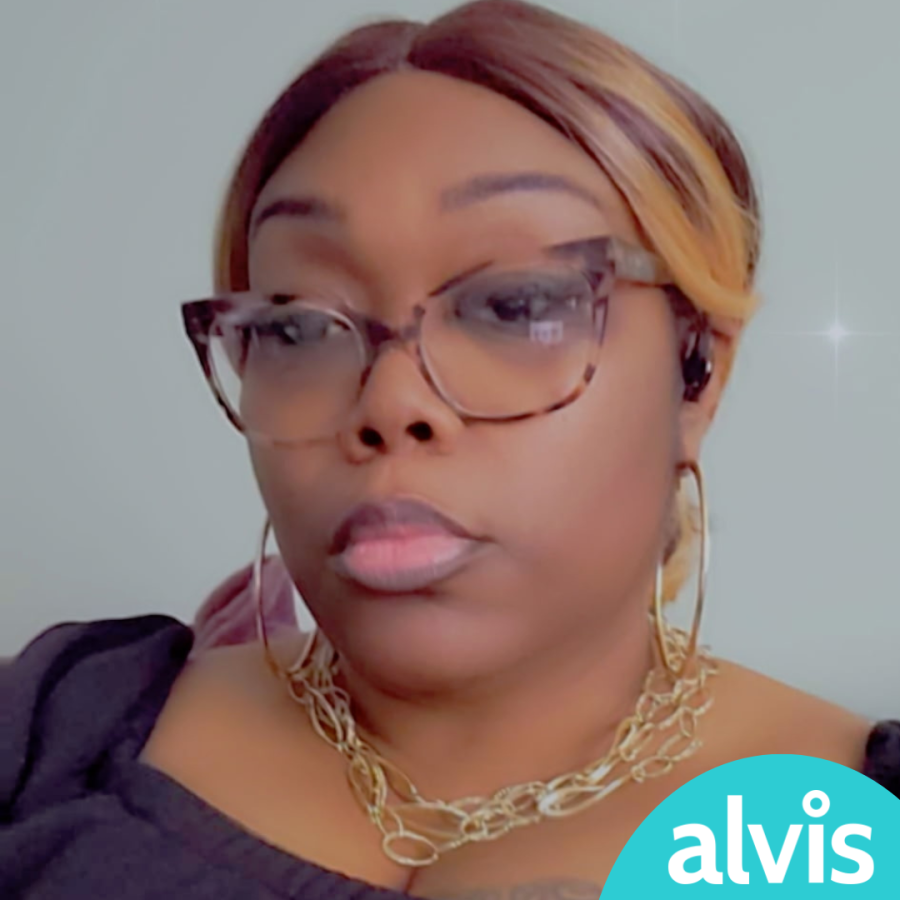
A Harvard Health study revealed that nearly one-third of American adults drink excessively, with about 10% developing alcoholism. According to the National Institutes of Health, heavy drinking includes binge drinking and is defined as consuming four or more drinks in a day or eight or more per week for women, and five or more drinks in a day or fifteen or more per week for men. Alcohol Use Disorder (AUD) is a medical condition characterized by a chronic, compulsive pattern of alcohol consumption. Individuals with AUD struggle to stop drinking despite serious harm to their health, relationships, and daily responsibilities.
Mekiah’s Story:
Mekiah considered herself a social drinker who successfully worked from home during the day. Her younger daughter and the child’s father lived with her. However, with the onset of COVID things changed dramatically.
“I had a lot of anxiety and depression not being near my mother,” Mekiah explained. So she moved her mother, a double leg amputee living in Detroit, into her Dublin home.
“But I didn’t realize how hard it would be take care of someone in mom’s condition,” she admitted.
Shortly thereafter, her 33-year-old daughter moved back in too. Between homeschooling her teenager, taking care of her mom, trying to work and having a man living in her home who was cheating on her, Mekiah felt overwhelmed.
“My drinking spiraled out of control. Although I probably was having problems with alcohol before COVID,” she admitted. “I did try to be strategic and took care of all my responsibilities before drinking an entire fifth of Vodka a day. Sometimes I passed out in my bed or became belligerent. My older daughter called the police once because I was stabbing the counter with a knife. They came and took me to the hospital.”
“I drank the entire summer of 2023 and tried to stop myself in the fall. But it didn’t work. I went to the hospital emergency room and into detox for maybe 60 days. I repeated this several times. Eventually the alcohol affected my Pancreas.”
“By January of 2024, I knew I needed more comprehensive help. I heard about Amethyst and was admitted into the program on January 18th. What I learned was that part of my drinking was related to the sexual trauma I experienced as a very small child and the physical abuse I suffered from the father of my oldest daughter. Neither had ever been addressed before.”
Mekiah is reassured by her progress. “A lot of positive things are going on that I can pat myself on my back for. I have been sober for a year and a half. I was asked to be an Amethyst Peer Ambassador which means I help plan our Friday community programs and assist new clients. I have applied to Columbus State to take classes and become a certified peer supporter. I am learning to appreciate and love myself. I even attended a family function where I knew there would be alcohol. I wasn’t at all tempted or had any cravings. I felt supported by my Amethyst counselor whose phone number I had in my pocket.”
